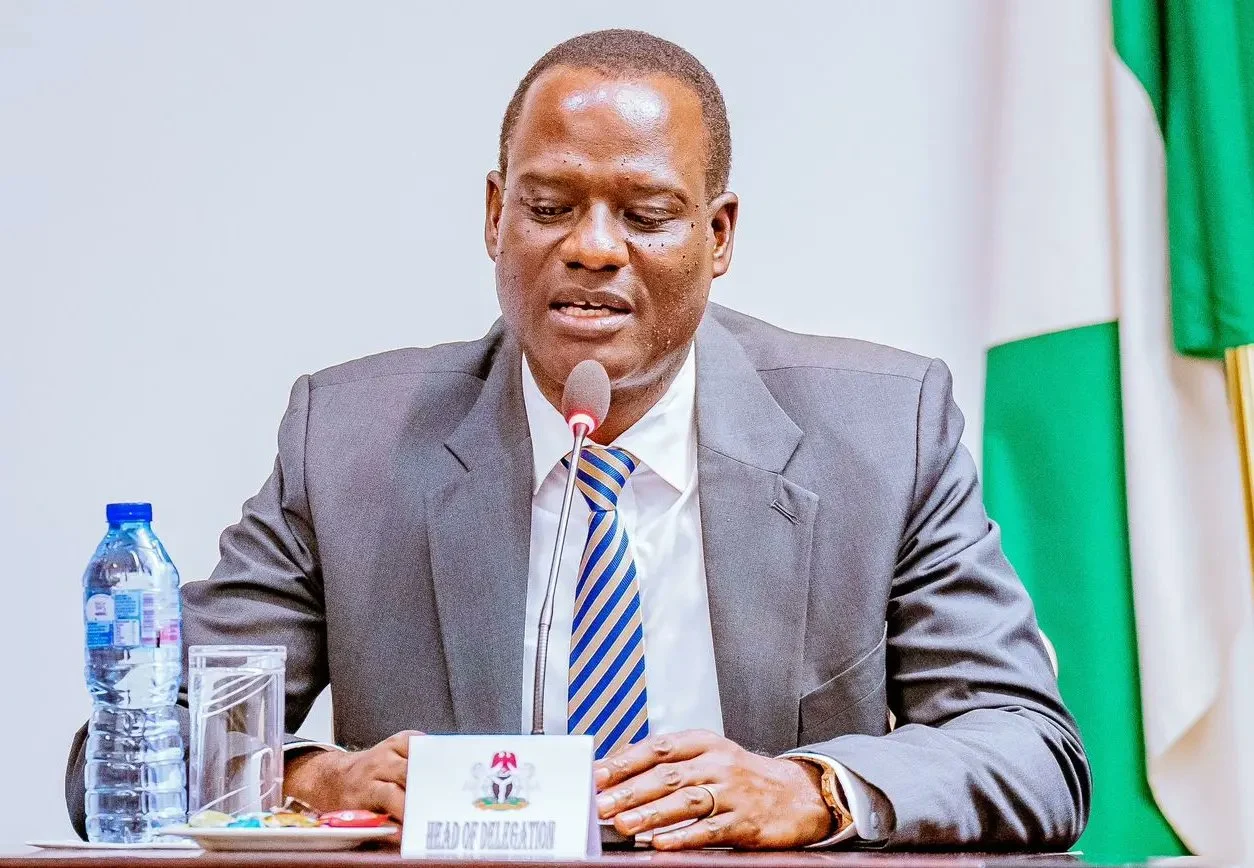Chairman of the Presidential Committee on Fiscal Policy and Tax Reforms, Taiwo Oyedele, has described Nigeria as a poor country with the potential to be wealthy.
Speaking on Channels Television’s Politics Today, Oyedele said in comparison with some countries and cities, the Federal Government’s budget and that of states are small.
“By the way, the entire budget, that’s the Federal Government’s of about N29 trillion plus all the states in Nigeria about N15 trillion – if you add it all, it comes to about N44 trillion. That’s around $30 billion,” he said
“That $30 billion is even less than the budget of Kenya which is around $32 billion. It is barely a quarter of South Africa’s budget at $130 billion. And of course, it’s even less than the budget of New York City, not even just New York State. So, clearly, Nigeria is a poor country with the potential to be a wealthy country.”
The Federal Government has faced criticisms over what some described as over-taxation. Kenya’s recent protests over tax laws introduced into the country have further reignited conversations among several Nigerians.
But Oyedele has ruled out the introduction of more tax, saying that cannot solve Nigeria’s revenue challenge.
“So, we do believe based on the analysis we have done and the data available to us that the right way to go is not to introduce more taxes. And in fact, if you’re gonna raise the rates of any tax, it has to be something that we’re doing as a result of the consolidation and harmonisation,” he said.
“We do think that having fewer taxes are broad-based, easy to collect, and do not place a burden on the bottom of the ladder of society is the way to go. And by using data, intelligence, and technology, we can close the tax gap so that people who have not been paying before begin to pay – who have been identified as people who should be paying – and the poor people should be legitimately exempted, particularly nano, micro businesses and low-income earners.
“And then we think that with all those, we can easily more than double our revenue within a period of two to three years.”

 Join Daily Trust WhatsApp Community For Quick Access To News and Happenings Around You.
Join Daily Trust WhatsApp Community For Quick Access To News and Happenings Around You.
